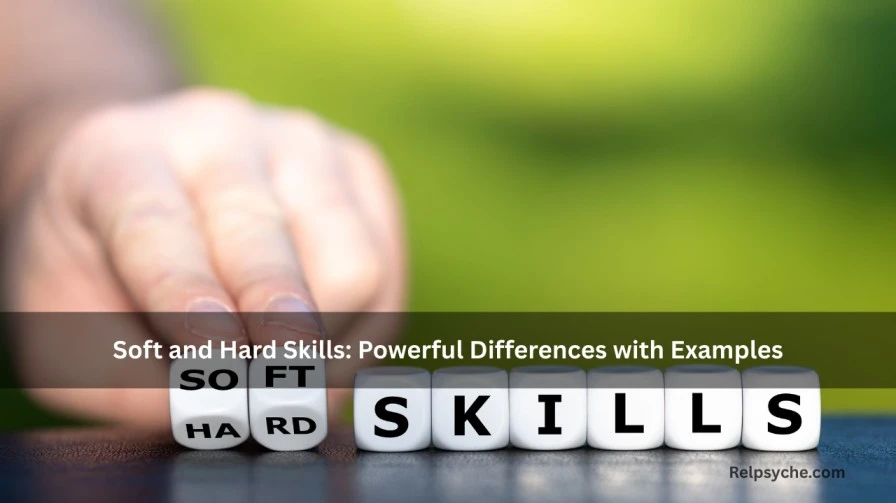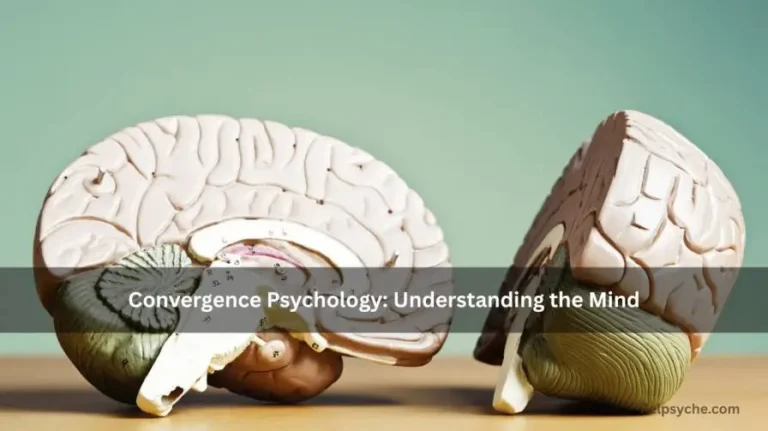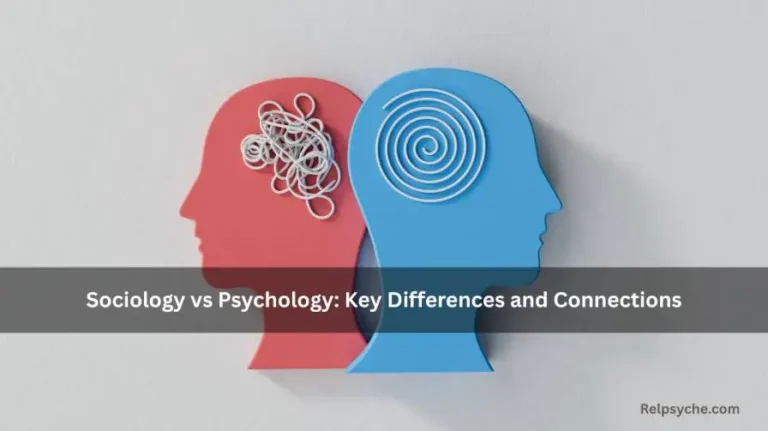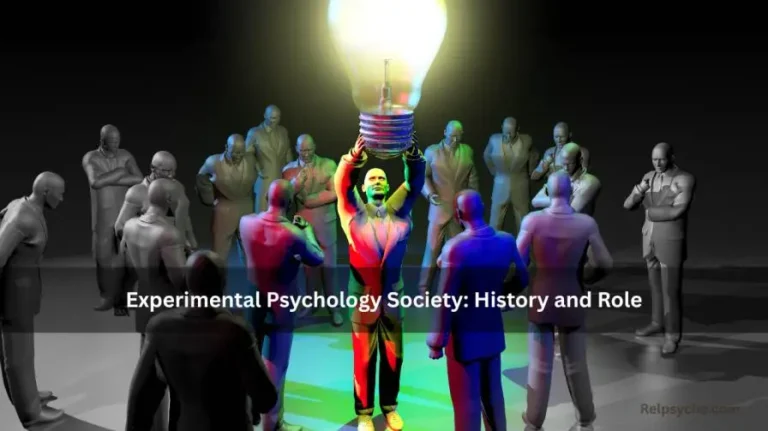Soft and Hard Skills: Powerful Differences with Examples
Soft and hard skills are two important qualities that shape how people learn, work, and interact with others. Soft skills help with communication, teamwork, and leadership, while hard skills give you the technical knowledge to perform specific tasks. Both are needed in school, at work, and in everyday life to achieve success. Soft skills are qualities unique to each person that allow them to connect with their social, work, academic, and family environments. Hard skills, on the other hand, involve the ability to perform specific tasks based on a person’s current situation. Within a work environment, these conditions are taken into account to ensure good performance. For this reason, many occupational psychologists select candidates for positions based on these skills.
On the one hand, soft skills such as leadership, communication, empathy, and teamwork are crucial factors in a job. However, hard skills such as time optimization, goal planning, language proficiency, and computer skills are also considered. In this Psychology-Online article, we’ll provide information about the difference between soft and hard skills, along with examples.
Table of Contents
What Are Soft and Hard Skills?
Hard skills consist of specific technical knowledge that is adaptable to different jobs. Generally speaking, these are data that can be objectively interpreted by a job evaluator or supervisor.
On the other hand, soft skills are the emotional resources a person can deploy to interact in a group setting. Unlike hard skills, these qualities lack an objective measurement that can be agreed upon with others, as interpretation varies depending on the context.
While these terms are applied within a workplace, it can be thought that hard and soft skills are also practiced in the academic field.
Differences between soft and hard skills
To avoid confusion about these concepts, it is crucial that you can differentiate between them:
Soft skills
- They are skills linked to behavior, communication and emotional management.
- They can be learned and perfected throughout life, as they are developed from personal and professional experience.
- They are closely related to personality traits and the way a person relates to others.
- Their value is transversal, meaning they can be applied in any area of life, not just the workplace.
Hard skills
- They are technical and specific knowledge necessary to perform a specific task.
- They are usually acquired through formal studies, courses, certifications or practical training.
- Learning them takes a certain amount of time and, in many cases, they can be easily measured or recognized (for example, through qualifications, exams, or performance tests).
- They are directly linked to the job or sector in which a person works.
Examples of hard skills
In a work context, you can spot some examples of hard skills that are effective for a worker:
- Data planning.
- Analysis of a company’s information.
- Billing control.
- Financial analysis.
- Language proficiency.
- Handling computer tools.
- Reporting.
Examples of soft skills
To assess a person’s work performance from a relationship perspective, you can consider soft skills indicators. In this regard, we’ll explain the most important ones:
- Communication.
- Conflict resolution.
- Emotion management.
- Teamwork.
- Leadership.
- Empathy.
- Organization.
- Adaptation to changes.
Why are soft and hard skills important in the professional field?
In a work environment, it’s essential to understand the benefits of people with hard and soft skills. Below, we’ll list some of the advantages:
- Greater understanding : A person with a strong interpersonal skillset can easily understand a company’s needs. Furthermore, their technical skills are combined with abilities such as empathy, solidarity, and friendliness, among others.
- Higher performance : From an analytical perspective, people who have developed their hard and soft skills achieve better results according to the objectives and requirements of a job.
- Growth opportunities : Hard skills can benefit a person’s job performance, allowing them to obtain higher-level positions. This is because the general view of a company involves solving tasks within a given timeframe. However, this is not possible without the acquisition of soft skills such as teamwork or leadership, in most cases.
- Future transmission : While the present of any employee is of transcendental importance, you shouldn’t underestimate the importance of planning for an optimal future in the professional field. In other words, the hard and soft skills taught to others have a positive effect on the workplace.
- Understanding Limits : Having beneficial qualities not only helps with job performance but also helps us understand a worker’s limitations. This makes it possible to optimize the time it takes to complete specific tasks, in tune with each person’s emotional resources. For example, someone who lacks impulse control could not lead a team, given that their impulsiveness could affect the professional performance of their colleagues.
- Healthy work environment : While developing soft skills can foster an optimal work environment, learning hard skills actually improves interpersonal relationships in the professional environment.
This article is for informational purposes only; Psychology-Online does not have the authority to diagnose or recommend treatment. We encourage you to consult a psychologist to discuss your specific case.
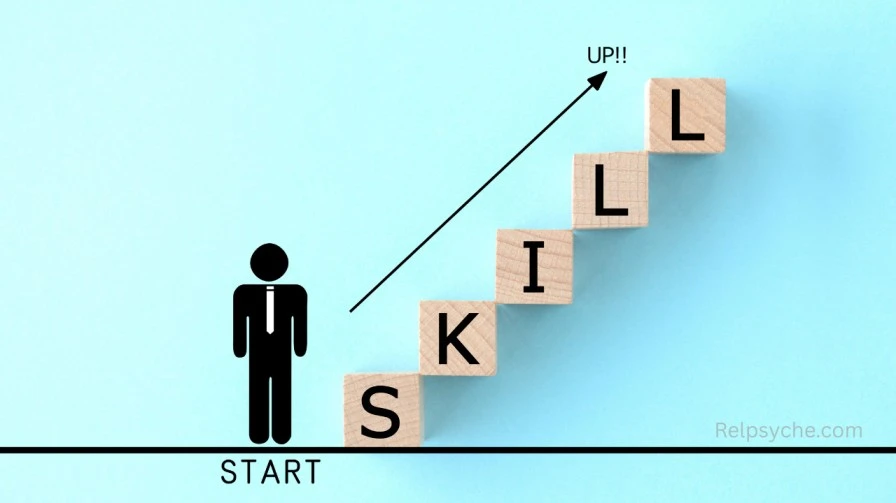
Conclusion
The difference between soft and hard skills highlights why both are essential in personal and professional life. Hard skills allow you to complete tasks, while soft skills help you build connections and succeed in teamwork. Developing both soft and hard skills is the best way to grow in your career and create a positive work environment.
Ready to take the next step in your personal growth? Explore expert services — from therapy to life coaching — available on Fiverr.
If you want to read more articles similar to Soft and Hard Skills: Powerful Differences with Examples, You Need to Know we recommend that you enter our Psychology category.
FAQs
1. What is the main difference between soft and hard skills?
Soft and hard skills differ in that soft skills are personal qualities like communication, while hard skills are technical abilities like computer use or accounting.
2. Can soft skills be learned?
Yes, soft skills can be improved through practice, self-awareness, and professional experiences.
3. Why do we need both soft and hard skills?
Soft and hard skills together help people succeed — hard skills get the job done, while soft skills build relationships and teamwork.
4. What are examples of hard skills?
Examples include language proficiency, financial analysis, coding, and computer literacy.
5. What are examples of soft skills?
Examples include leadership, empathy, adaptability, organization, and conflict resolution.
References
- Robles, M. M. (2012). Executive perceptions of the top 10 soft skills needed in today’s workplace. Business Communication Quarterly, 75(4), 453–465. https://doi.org/10.1177/1080569912460400
- Succi, C., & Canovi, M. (2020). Soft skills to enhance graduate employability: Comparing students and employers’ perceptions. Studies in Higher Education, 45(9), 1834–1847. https://doi.org/10.1080/03075079.2019.1585420
- Hurrell, S. A., Scholarios, D., & Thompson, P. (2013). More than a ‘humpty dumpty’ term: Strengthening the conceptualization of soft skills. Economic and Industrial Democracy, 34(1), 161–182. https://doi.org/10.1177/0143831X12444934
- National Association of Colleges and Employers (NACE). (2022). Job Outlook 2022: Attributes Employers Want to See on New College Graduates’ Resumes. Retrieved from https://www.naceweb.org

I’m Emma Johnson, a psychologist who loves to write and share ideas.
I enjoy making psychology simple so everyone can understand and use it in daily life.
If you’d like to talk, ask questions, or work together, feel free to reach out.
Let’s learn and grow in the world of psychology together!

